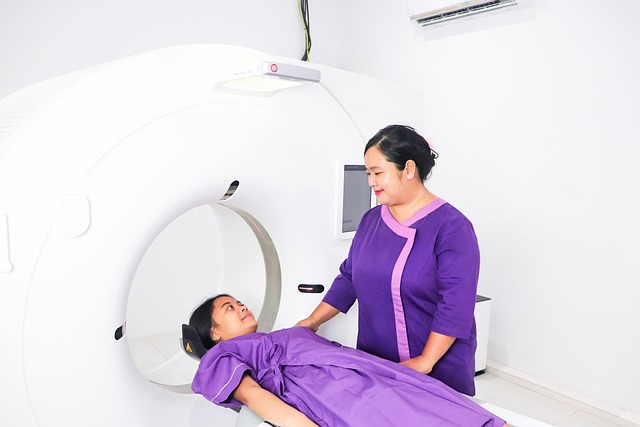Family Law Education Requirements in the United States
Pursuing a career in family law requires extensive education and training beyond a standard law degree. Family law attorneys handle sensitive matters including divorce, child custody, adoption, and domestic relations cases. The educational pathway involves completing undergraduate studies, earning a Juris Doctor degree, passing the bar examination, and often pursuing specialized training in family law practice areas.

Educational Foundation for Family Law Practice
Becoming a family law attorney requires a comprehensive educational journey that typically spans seven years beyond high school. The process begins with earning a bachelor’s degree in any field, though some students choose pre-law, political science, or psychology to build relevant foundational knowledge. Law schools do not require specific undergraduate majors, but strong analytical, writing, and communication skills are essential for success in family law practice.
Law School Requirements and Curriculum
After completing undergraduate education, aspiring family law attorneys must earn a Juris Doctor degree from an American Bar Association-accredited law school. The three-year program covers constitutional law, contracts, torts, criminal law, and civil procedure during the first year. Students can then select electives focused on family law topics including divorce proceedings, child custody law, adoption procedures, and domestic violence issues. Many law schools offer specialized family law clinics where students gain practical experience under faculty supervision.
Bar Examination and Licensing Requirements
Upon graduating from law school, candidates must pass their state’s bar examination to practice law. The bar exam typically includes the Multistate Bar Examination, state-specific essays, and the Multistate Performance Test. Each state has different requirements, and attorneys must be licensed in the state where they plan to practice family law. Some states require continuing legal education credits specifically in family law topics to maintain active licensing status.
Specialized Family Law Training and Certification
While not always required, many family law attorneys pursue additional specialized training after law school. Some states offer board certification in family law, which requires demonstrating substantial experience, passing a specialized examination, and meeting continuing education requirements. Professional organizations like the American Academy of Matrimonial Lawyers provide advanced training programs, workshops, and certification opportunities for family law practitioners seeking to enhance their expertise.
Cost Considerations for Family Law Education
The financial investment in family law education varies significantly across institutions and geographic locations. Law school tuition ranges from approximately $30,000 to $70,000 per year at public institutions, while private law schools can cost $50,000 to $80,000 annually. Additional expenses include books, living costs, and bar examination fees, which typically range from $500 to $1,500 depending on the state.
| Education Level | Institution Type | Annual Cost Range | Duration |
|---|---|---|---|
| Undergraduate Degree | Public University | $10,000 - $25,000 | 4 years |
| Undergraduate Degree | Private University | $30,000 - $55,000 | 4 years |
| Law School | Public Law School | $30,000 - $70,000 | 3 years |
| Law School | Private Law School | $50,000 - $80,000 | 3 years |
| Bar Examination | State Bar Association | $500 - $1,500 | One-time fee |
Prices, rates, or cost estimates mentioned in this article are based on the latest available information but may change over time. Independent research is advised before making financial decisions.
Career Preparation and Professional Development
Successful family law attorneys often supplement their formal education with internships at family law firms, legal aid organizations, or family court systems. These experiences provide practical skills in client counseling, mediation, negotiation, and courtroom advocacy. Many attorneys also develop expertise in related areas such as tax law, real estate, or mental health counseling to better serve their clients’ comprehensive needs during family transitions.
The educational requirements for family law practice reflect the complex and sensitive nature of family legal matters. Attorneys in this field must understand not only legal principles but also the emotional and psychological aspects of family dynamics. Continuous learning through professional development, specialized training programs, and staying current with evolving family law statutes ensures attorneys can provide competent representation in divorce proceedings, custody disputes, and other family law matters throughout their careers.




